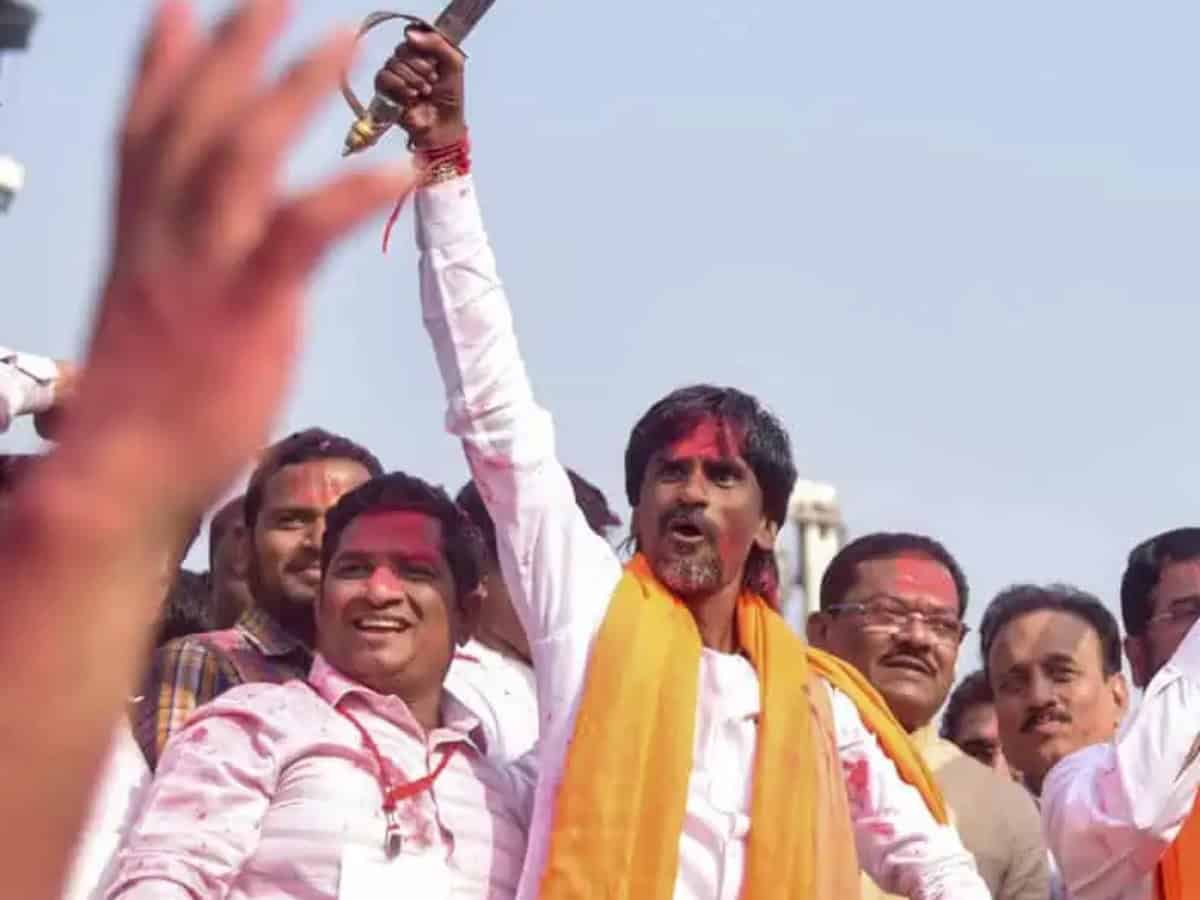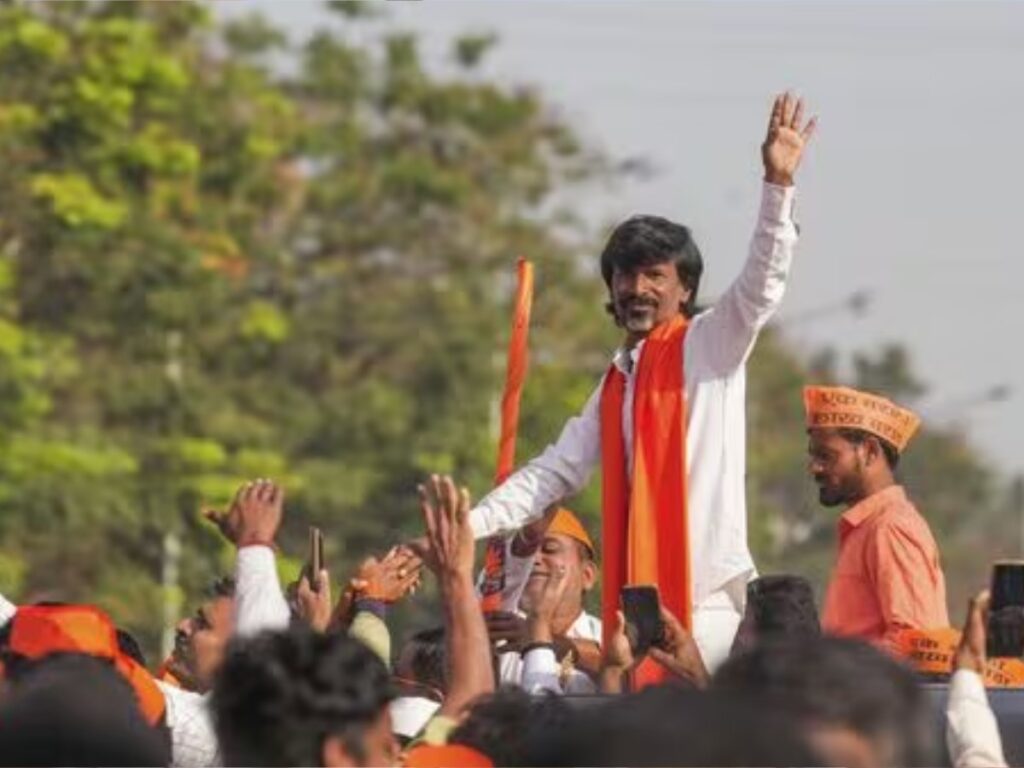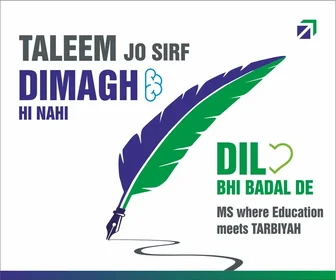
Maharashtra’s irony is that a third of its total population comprises Marathas and they generally dominate politics, from the gram panchayats to the state Assembly. They have had a big hand because many belong to what were clans or fiefs of 96 warlords. They fought for expanding Chhatrapati Shivaji’s empire. But they have been asking for reservations since the 1980s.
But at the start of the 21st century, they became loud and organised into what was described as a social cause: reservations akin to the SCs, STs, and OBCs. They also agreed to be subsumed into the OBCs if the total quota could not be immediately expanded to meet their aspirations. They took to the streets and came to Mumbai in an orderly fashion with lakhs in their processions.
Their slogan reflected their belief in themselves. It was “Ek Maratha, lakh Maratha” signifying their numerical strength. They were asking for reservations because they were ranked with other upper castes. Marathas have pride in their caste but by claims, they remained backward. The younger lot agree that they spent more time in politics than seeking an economic uplift through education and employment.
Into this scene, emerged a 42-year-old man with a goatee, cropped thick hair with normal sideburns but the hair hanging over the nape of his neck, which had driven almost all politicians whose constituencies had a notable proportion of Maratha voters, to near desperation. He said no matter what, politicians, especially of the BJP should be taught a lesson for letting down the Maratha community. He fasted at the drop of a hat and had people running to him.
This man, sitting in Antarawali Saraathi, is Manoj Jarange Patil, a vocal proponent of quotas for Marathas. Jarange is his surname, and Patil denotes his Maratha denomination. The village in Maharashtra’s Jalana district has about 4000 to 5000 population and he sat there under a shamiana. Marathas came to him in droves, much more than people came to see Anna Hazare in Ralegaonsiddhi at the peak of his popularity.

Sometimes there were more than the village population. Apart from Marathas keen on the quota, politicians of all hues except those of BJP affiliation visited him, even at odd hours. A former secretary of Eknath Shinde, chief minister, who too took to politics and jumped into the current Assembly elections, visited him more often than any politician did, apparently as a supplicant. Possibly as Shinde’s emissary
Since BJP was the biggest slice of the outgoing Assembly and the largest component of the three-party ruling alliance, Jarange Patil wanted that party to be taught a lesson. His strategy was to ask Marathas to vote against the BJP and vote for those who could help secure reservations for the Marathas. His grievance was that the BJP did nothing to help the community with quotas even within the existing OBC reservations.
He didn’t stop there but threatened to have Marathas who listened to him file nominations as Independents in select constituencies. He realised that just the Marathas were not enough to unseat any politician or defeat other aspirants. Therefore, he thought up a new social formulation of Marathas, Muslims, and the Dalits. Marathas and Dalits are a water and oil combination. As Jarange later confessed, he couldn’t link up with Muslim religious leaders.
He kept everyone hanging on till the early hours of the last day of the withdrawals of candidatures in the electoral process, Jarange gave up on every possible means except saying people, including Marathas, could vote strategically if they wanted to. Elections, it was evident, were not a way for him to pressurise the politicians to dance to his tune. He gave up with a straight face. Once he did that, he only had to explain why; he tried.
His ire can be better understood. Twice the Maharashtra Assembly passed resolutions, and without party considerations, unanimously. Even then nothing moved except for promises and that is how it was going to be. The only politician who frankly told the once hopeful Marathas who are now disappointed that a quota was not practical, that it was a convoluted process that would require a constitutional amendment was Raj Thackeray, the Maharashtra Navnirman Sena (MNS).
Others remained formal, kept making promises, and gave the OBC leadership the shivers. That had prompted one OBC leader, Chhagan Bhujbal, also a minister, to plan electoral strategies to ensure that Marathas did not eat into his community’s existing entitlements. That also was a plan to consolidate the OBCs which would be useful in several constituencies where his party, NCP (Ajit Pawar) could gain.
Now that Jarange’s plans are undone, mostly because organising an army of Marathas to politically do battle was difficult, everyone who mattered has heaved a sigh of relief. But within their hearts, there is a fear that the Marathas may vote differently whatever their party affiliation was. That, possibly but not certainly, could upset many applecarts. But that is not quantifiable. They are spread across the state though the proportions vary depending on what other constituents of other castes are in the villages and the Assembly constituencies.

